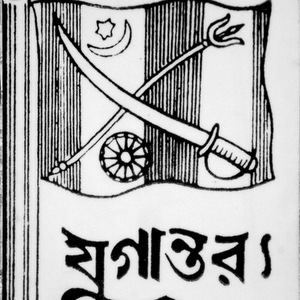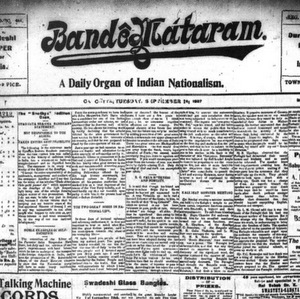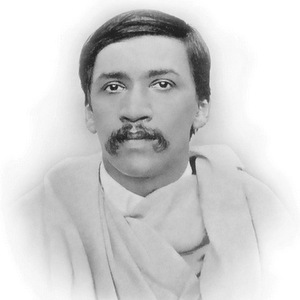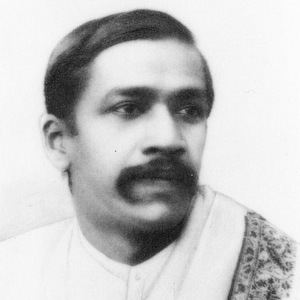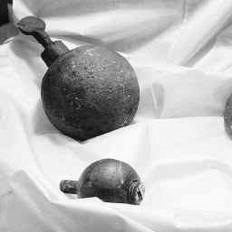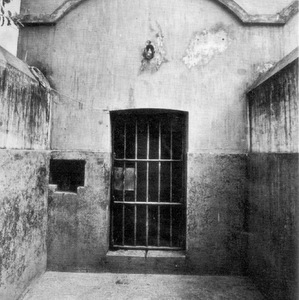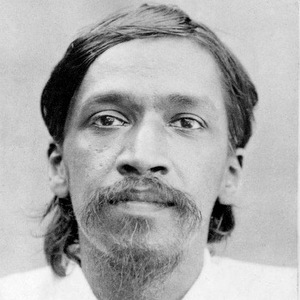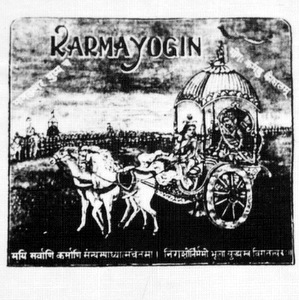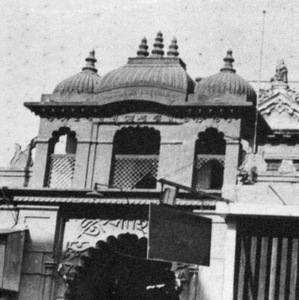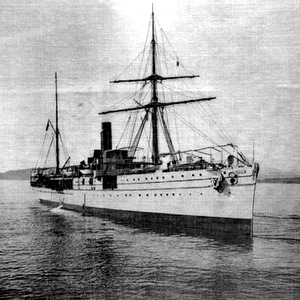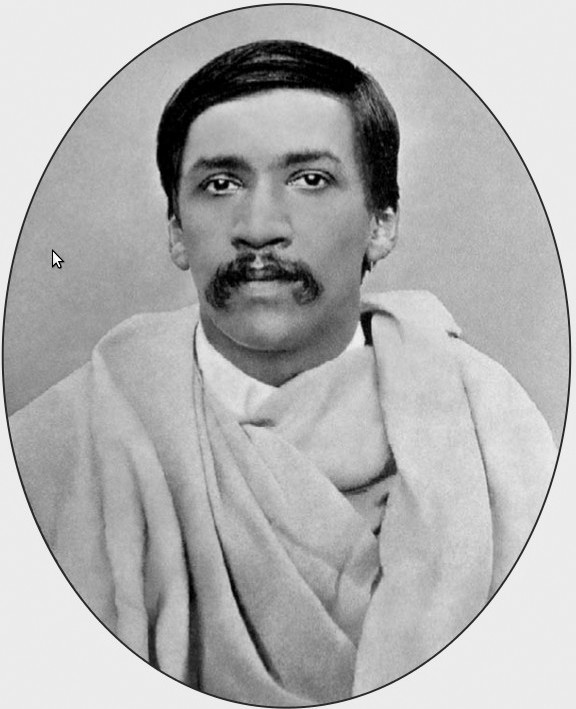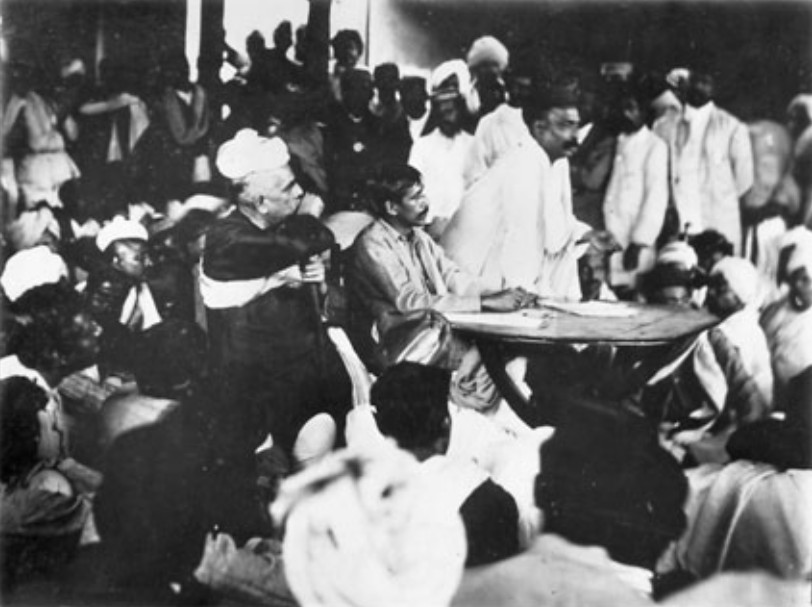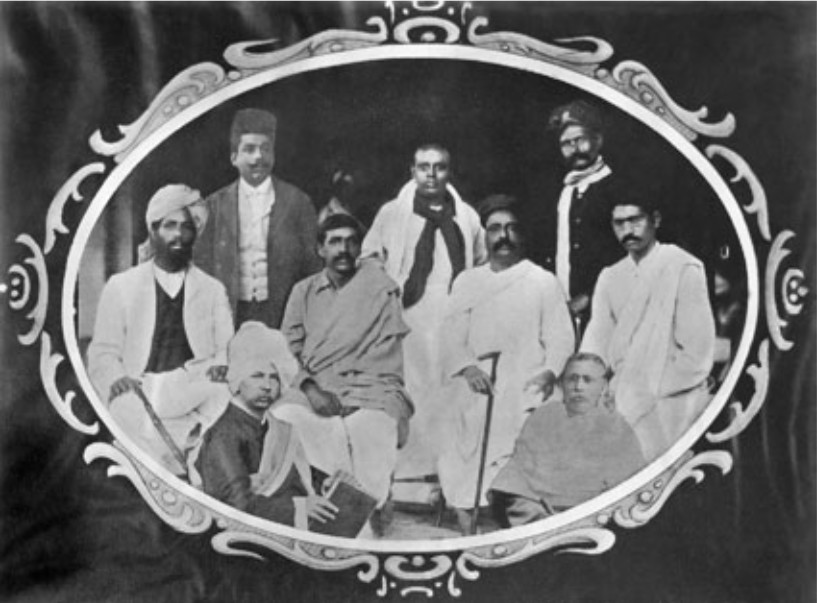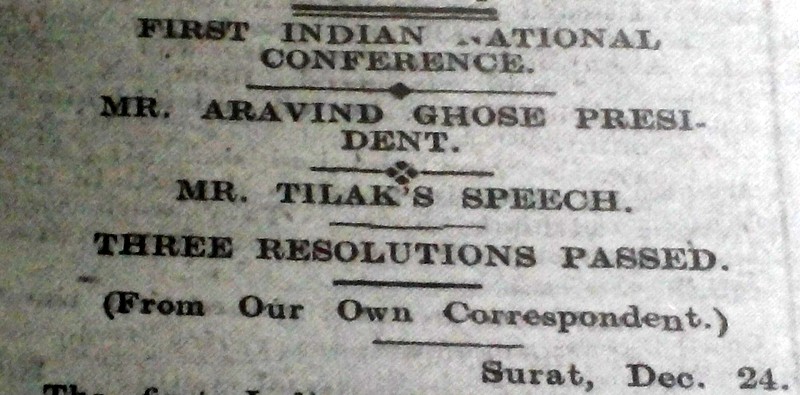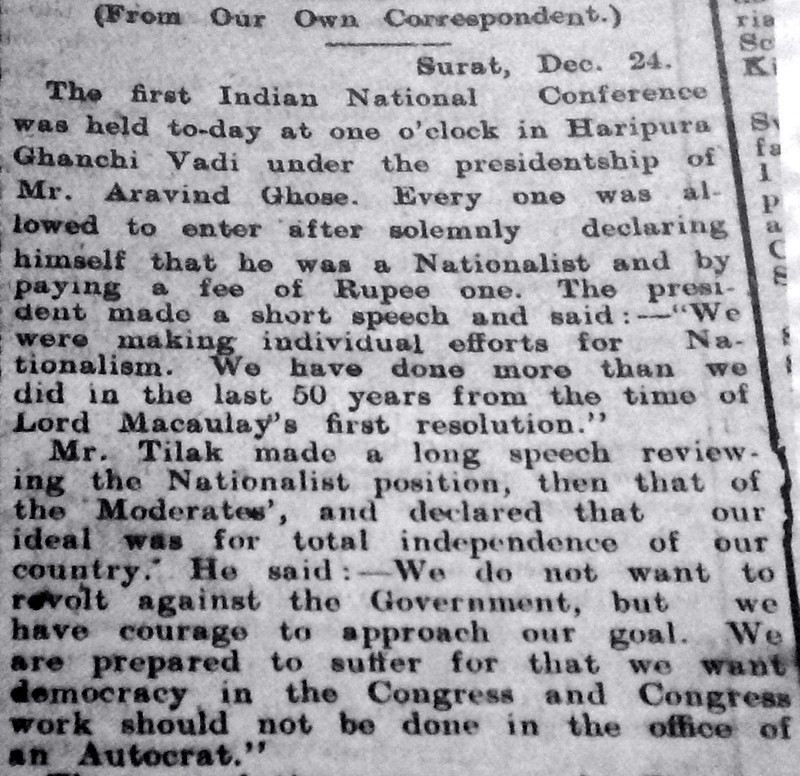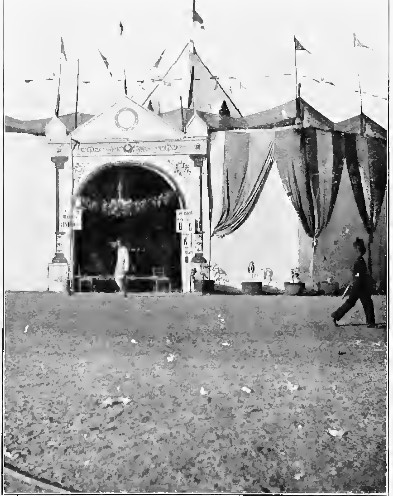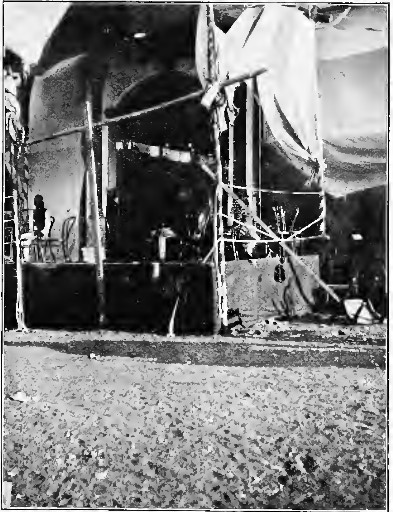...as a member of the group of extremists, I subscribed to their belief that democracy and equality between the rich and the poor were essential constituents of the spirit of Nationalism. I recalled how we had tried to apply these principles in practical life by ensuring that everyone travelled in the third-class compartments on our way to the Surat Conference; in the camp, as leaders, we did not make separate arrangements but slept in the same room as everyone else. The rich and poor, the Brahmins, the Vaishya, the Shudra, the Bengali, the Maratha, the Punjabi, the Gujarati - came together in a divine sense of brotherhood and ate, slept and lived in the same manner. We slept on the ground and ate rice-pulses-curd - the highest form of Swadeshi found expression in all matters. The 'foreign-returned' from Bombay and Calcutta and the Brahmin from Madras with his 'tilak' (sandal-mark on forehead) intermixed freely....
Extract from 'Tales of Prison Life' by Sri Aurobindo
Eye-witness Report by Barindra
With a canvas bag in my hand and a blanket over my shoulder I came to the Howrah Station and was shown by volunteers into a third class compartment in the Congress Special packed full of Congress delegates. Sri Aurobindo and Syam Sundar Chakravarty were sitting smiling in that compartment while J. Ghosal, the Congress Secretary of the moderate party, was travelling in a first class compartment in perfect European clothes and style. The train started in the midst of deafening cries of "Bande Mataram" and the whole thousand-miles route from Kharagpur to Surat was a triumphal journey of lights, crowds, and continued cheering. The way-side stations even which the special did not touch were lined with admiring crowds and lights flashed and cheer after cheer rose and fell as the train leaping for a time into the lighted yard again rushed into the darkness of the night. We alighted at Amraoti and Nagpur. In both places a sea of heads covered the station and the adjoining grounds, and short halts were made in order to deliver appropriate speeches.
Sri Aurobindo the new idol of the nation was hardly known then by his face, and at every small and big station a frantic crowd rushed about in the station platform looking for him in the first and second class carriages, while all the time Aurobindo sat unobserved in a third class compartment. By the time this fact became known and he was found out, the train was about to start. In these days of style, luxury and easy leadership, no one could imagine that Aurobindo - nurtured and educated in England and a high official of His Highness the Gaikwad's service, who could leap into an all-India fame in such a short time, - would dream of travelling third class. J. Ghosal felt small in contrast and tried again and again to invite Sri Aurobindo into his first class carriage and keep him there to save his face.
